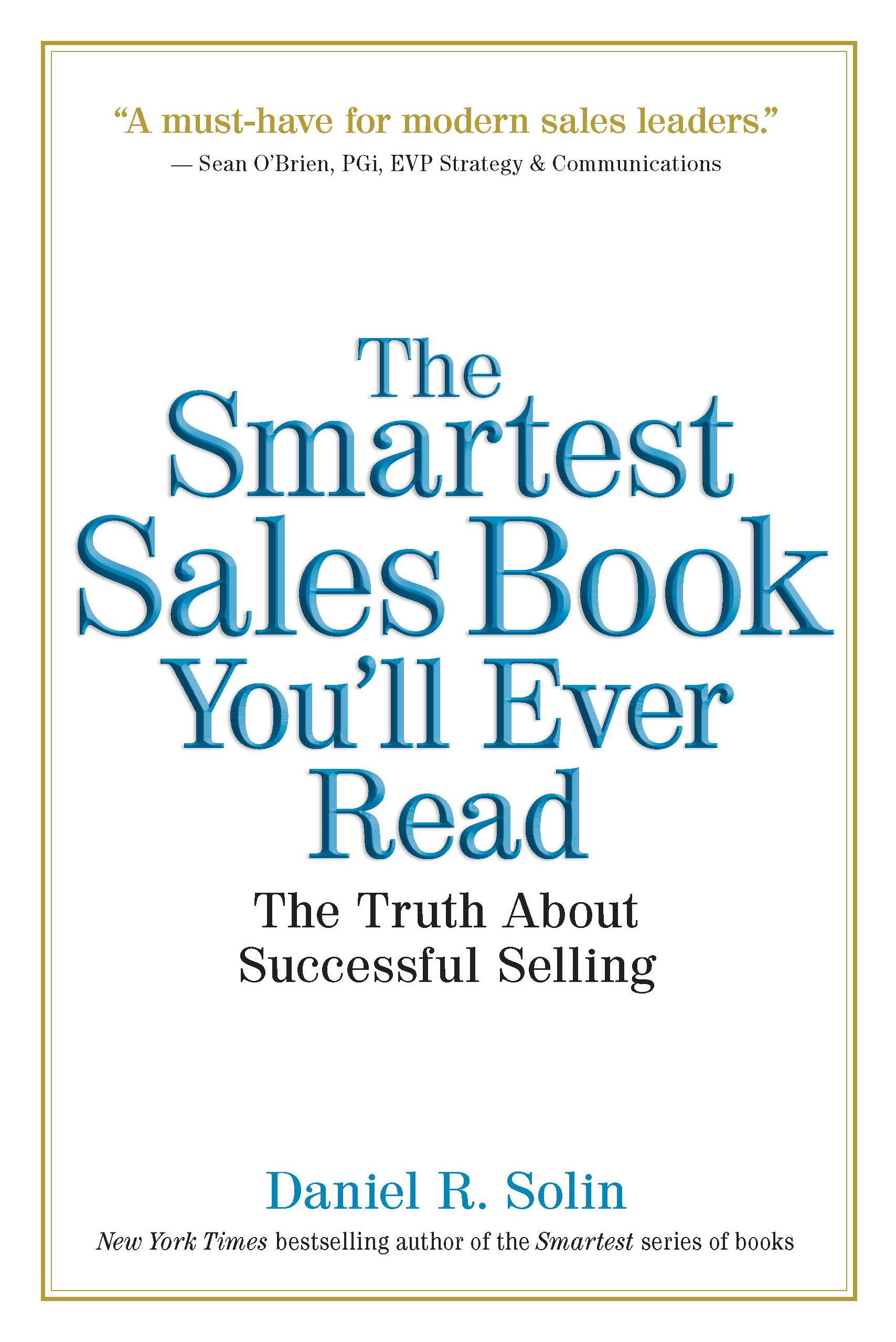Everyone wants higher returns. To many investors, success in investing means generating "alpha." If you are an investor in mutual funds, that means trying to generate returns in excess of the benchmark index designated by the fund.
There are still many investors who participate in the pursuit of alpha, but the numbers are diminishing. In 1993, approximately 3 percent of investors owned passively managed funds, in which the fund manager simply tracked a benchmark index. That number steadily increased to almost 27 percent at the end of 2013.
Is there something these passive investors know that you don't? Why have they thrown in the towel and abandoned the quest for alpha?
The answer to this question was fully explored in a thoughtful article by Julie Segal, which appeared in Institutional Investor on September 18, 2013. According to Ms. Segal, she decided to "research whether alpha -- investment returns above what a plain old index fund would give you -- was just a fairy tale that the investment industry told itself at bedtime."
Here are some of her most salient findings:
1. The alpha of U.S. large-cap mutual funds has been steadily shrinking for 40 years.
2. According to a joint paper from the Center for Applied Research and the Fletcher School of Law and Diplomacy at Tufts University, less than 1 percent of 2,076 mutual funds tracked between 1976 and 2006 achieved alpha after costs.
3. The decline of the ability of fund managers to achieve alpha was reported in a working paper from the University of Maryland. Prior to 1990, 14.4 percent of stock mutual funds delivered alpha. In 2006, the percent of equity mutual fund managers who generated alpha declined to a miniscule 0.6 percent.
4. The shift over time in the market, from one dominated by individual investors to one dominated by institutional investors with access to increased technology, has "reduced the amount of aggregate alpha available in the market." According to Segal, the markets have become "hypercompetitive," reducing or even eliminating the ability to get an "edge."
5. The Internet has made information about stocks and bonds almost instantaneously available to all investors. As a consequence, the markets have become more efficient.
6. You would think endowments, given their extensive resources and access to the best fund managers, would be prime generators of alpha. Yet Segal notes that during the five years since the financial crisis, most endowments have underperformed a basic allocation of 60 percent stocks, 40 percent bonds.
If you look dispassionately at the data, you can't help but be persuaded that investing based on the premise of achieving alpha is unlikely to be successful. In fact, I suspect the search for alpha is the primary reason why so many investors fail to achieve the returns of benchmark indexes.
The secret to higher expected returns may be to accept the reality that trying to obtain alpha is more likely to enrich your broker and active fund managers than you.
 Dan Solin is the director of investor advocacy for the BAM ALLIANCE and a wealth advisor with Buckingham Asset Management. He is a New York Times best-selling author of the Smartest series of books. His latest book, The Smartest Sales Book You'll Ever Read, has just been published.
Dan Solin is the director of investor advocacy for the BAM ALLIANCE and a wealth advisor with Buckingham Asset Management. He is a New York Times best-selling author of the Smartest series of books. His latest book, The Smartest Sales Book You'll Ever Read, has just been published.
The views of the author are his alone and may not represent the views of his affiliated firms. Any data, information and content on this blog is for information purposes only and should not be construed as an offer of advisory services.
